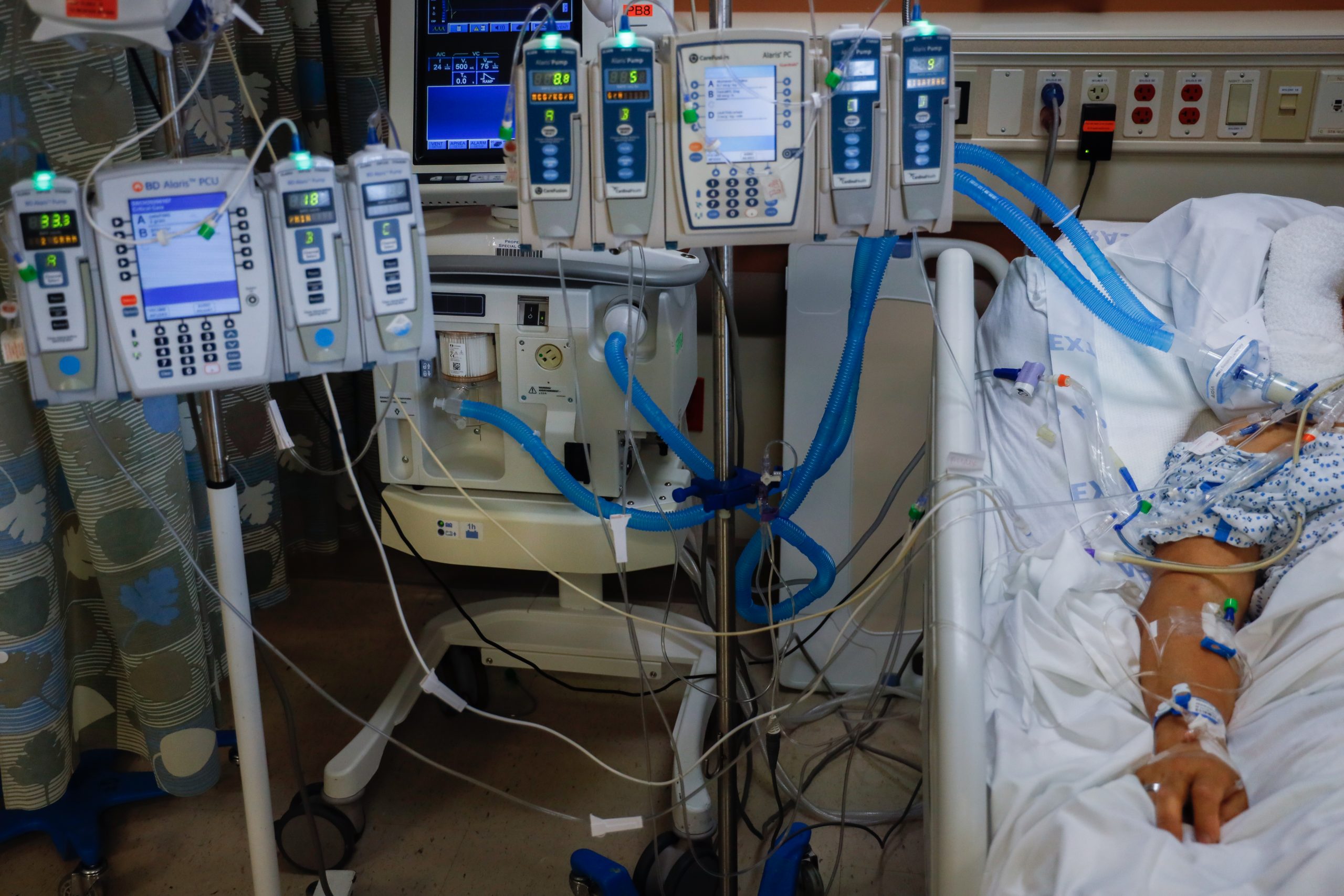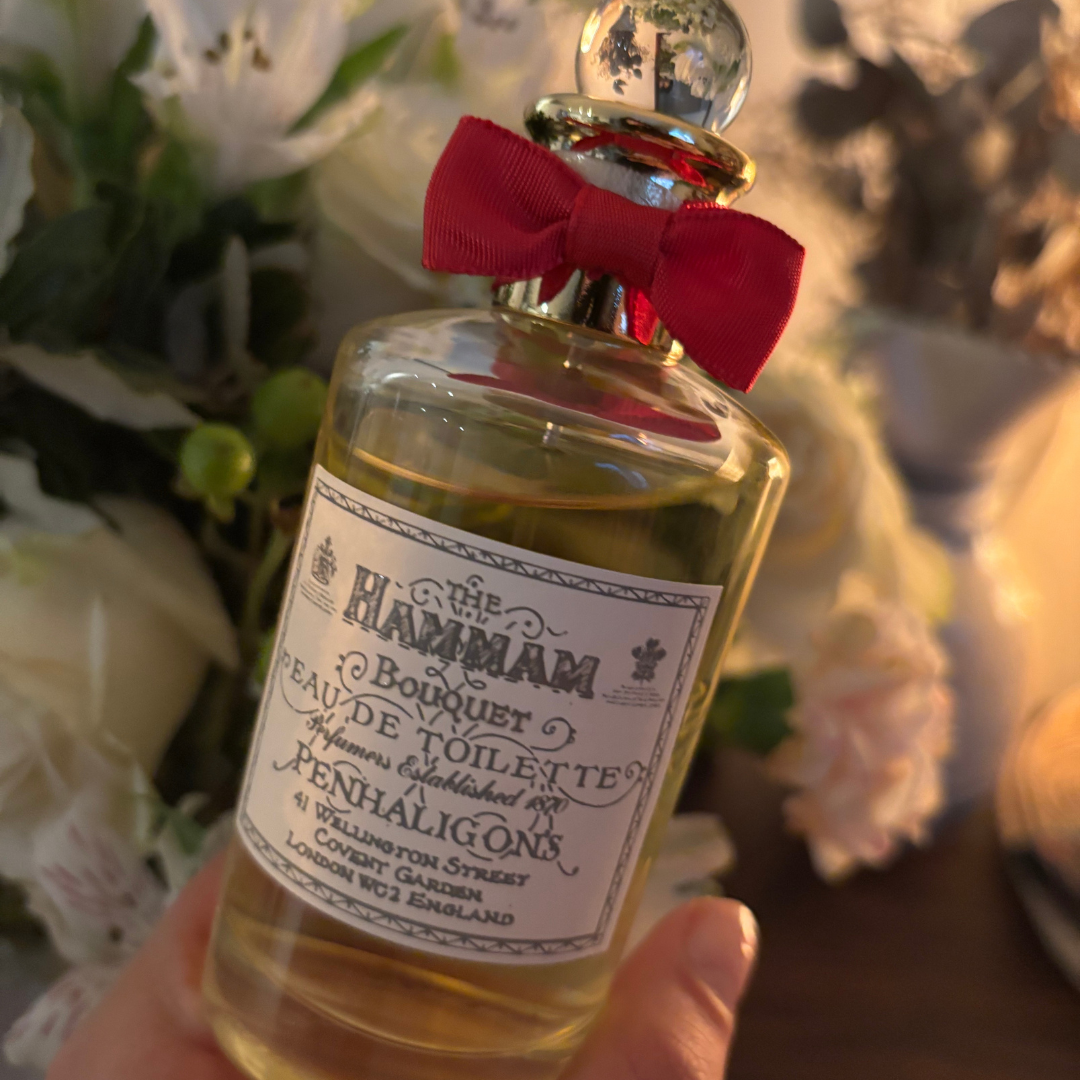One mother explains the devastating impact that brain injury can have on a family
To mark Action for Brain Injury Week 2020, we look at Brain Injury Is Big and how it is offering support, understanding and a network of care for people who have loved ones with a devastating brain injury.


To mark Action for Brain Injury Week 2020, we look at Brain Injury Is Big and how it is offering support, understanding and a network of care for people who have loved ones with a devastating brain injury.
Action for Brain Injury Week aims to raise awareness of brain injury and give a voice to those affected, something that the five women behind Brain Injury is Big have dedicated their lives to.
Anne, Judy, Lois, Lynne and Sue created the support group for loved ones with devastating brain injuries out of a need. Coming up with the idea while getting to know each other on the Devonshire Ward, Royal Hospital for Neuro-Disability back in 2009, their group is now relied on by families all over the UK.
'We wanted to use our personal experiences to establish a network of families to help support each other,' they explain of the organisation. 'We’ve all experienced those early exhausting and frightening days in Intensive Care, when we didn’t really understand what was happening but we hoped for the best.
'We’ve all been through the struggles of finding suitable long term care, and the pressures that come from living with the situation year after year. Many of us will also have experienced the loss and grief when our loved ones have finally been taken from us by infection or pneumonia.
'When someone you love has this level of severe brain injury life changes for everybody in your family for ever. Don’t face it alone. We’re here to help.'
One of their main aims is to let those affected know they are not alone, sharing their own stories.
Marie Claire Newsletter
Celebrity news, beauty, fashion advice, and fascinating features, delivered straight to your inbox!

Here, via Brain Injury is Big, a mother explains the devastating impact that brain injury can have on a family.
Helen’s story related by her mother Annette:
'What can I say about Helen? She was a social butterfly, a challenge, a delight, my middle baby, unique. She is the middle of three sisters. She was 18 when she had her car accident. She is 25 now. In the early hours of the morning of 27 September 2012, I was woken with a family’s worst nightmare - a phone call from the police saying that my daughter had been in a car accident.
I rushed to John Radcliffe Hospital to be with her. They said she had a severe traumatic brain injury with damage to every part of her brain. Procedures were performed to save her life. The early prognosis was not good, but unknown. The days passed in a blur. All the time everyone was looking for signs of improvement in her. Eventually she settled down and was discharged to a local hospital on their High Dependency Unit where she spent the next three months before going to Holy Cross Hospital in Haslemere for neuro-rehab.
It certainly was a struggle and stress for our family to visit her as it was a fairly long travel time but the improvements that she made under their care were amazing. She had physiotherapy, hydrotherapy and occupational therapy. She emerged gradually from a vegetative state to a minimally conscious state. She had several visits to acute hospital and we almost lost her a couple of times but she pulled through. She had a craniotomy (her skull put back together) and she had her tracheostomy removed . Both of these made her appear more “normal”.
At the end of 2017, I started looking for somewhere closer to our home for Helen. Somewhere that her sisters, her dad, her grampy and her friends could visit her more easily. She is now less than half an hour from our home town and she gets visitors more frequently now than she ever did before. Now Helen seems contented. She is able to do some actions on command and her favourite trick is to put her middle finger up at everyone!! She certainly lets people know she is there!. And me? I mourn the young lady she should be. The daughter I have ‘lost’ but not lost because she’s still there in front of me. I see her sisters growing up around her, her nieces and nephews growing up without ever knowing her properly. I see her peers getting married and having children, having careers and buying houses and I grieve for that. But she has improved so much more than anyone could have hoped for and this is down to the professional and skilled help that she has received throughout her journey and also down to her sheer bloodymindedness!!
For me, my help has come from knowing that I am not alone – that others have gone through similar emotional roller-coaster rides. People I can share my highs and lows with, people who can give me advice when I need it. People who can help me laugh and remind me that there is still so much in life to enjoy.'
Brain Injury is Big is a charity dedicated to offering Support, Understanding and a Network of care for people who have loved ones with a devastating brain injury. Visit www.braininjuryisbig.org.uk or call on 01483 770999.

Jenny Proudfoot is an award-winning journalist, specialising in lifestyle, culture, entertainment, international development and politics. She has worked at Marie Claire UK for seven years, rising from intern to Features Editor and is now the most published Marie Claire writer of all time. She was made a 30 under 30 award-winner last year and named a rising star in journalism by the Professional Publishers Association.
-
 Aimee Lou Wood has called out Saturday Night Live for its “mean” joke about her appearance
Aimee Lou Wood has called out Saturday Night Live for its “mean” joke about her appearanceBy Jenny Proudfoot
-
 As a denim obsessive, this is the only dress I'll be wearing this spring
As a denim obsessive, this is the only dress I'll be wearing this springDenim dresses are everywhere right now
By Sofia Piza
-
 This perfume was created in 1872, and I wear it today—it’s musky, sexy and deserves a spot in your collection
This perfume was created in 1872, and I wear it today—it’s musky, sexy and deserves a spot in your collectionIt smells nearly identical, 153 years later
By Nessa Humayun